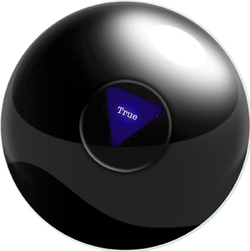Experiments, such as the Milgram Experiment, have concluded that people will break their own moral code if conditioned under certain circumstances. In that experiment, the person running it would tell the subject to ask questions of another person. Upon receiving incorrect answers from the other person, the subject would be told to order shocks to be given to them.
Unbeknownst to the subject, the other person was an actor secretly helping those who ran the experiment. Separated by a wall from the subject, the actor pretended to feel serious pain from the shocks. Overwhelmingly, the subjects, at some point told that they would not be held responsible for the harm, would continue to administer the shocks.
In a municipality recently, the head of Code Enforcement made a remark we have probably all heard frequently. When asked why he did not charge a city official with permit violations, he said he was “just following orders” from supervisors who urged him not to pursue the matter.
Before we make any moral judgments of those discussed here who went along with actions they knew or should have known were wrong, we could start by asking ourselves:
What would we do?
Few people are comfortable with the idea of standing alone in advocating a point of view.
Few people are willing to risk repercussion from authority.
Few people have the ability to see themselves as part of the orders they carry out, especially when given the choice to displace the blame on the ones who gave the orders.
The morality of an order depends upon the followers’ willingness to equate their responsibility to that of those who give them.



 RSS Feed
RSS Feed
